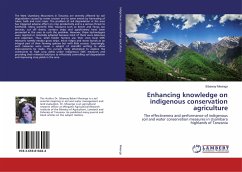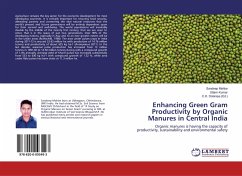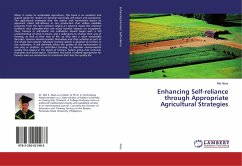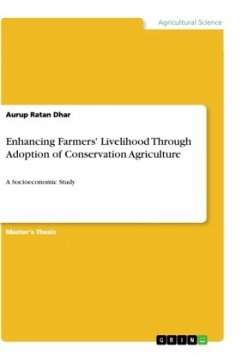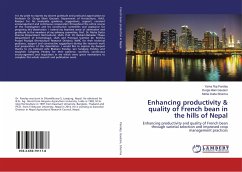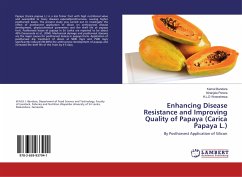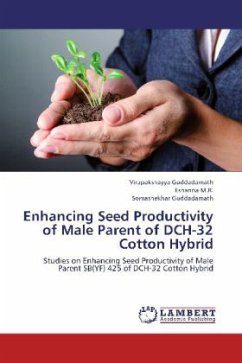The West Usambara Mountains in Tanzania are severely affected by soil degradation caused by water erosion and to some extent by harvesting of tuber, bulb and root crops. The problem of soil degradation in the area has triggered adverse effect on crop productivity and is a serious threat to livelihood. Many scientific SWC measures such as bench and Fanya Juu terraces, cut off drains, contour strips and agroforestry have been promoted in the area to curb the problem. However, these technologies were rejected or minimally adopted because most of them were laborious and expensive. Thus, small holder farmers use their own local SWC measures namely miraba grass strips, micro ridges and stone bunds as an integral part of their farming systems but with little success. Surprisingly, such measures were never a subject of scientific writing to allow improvements be made. The current study attempted to explore the constraints to high crop yields under indigenous SWC measures and providing their remedial solutions to effectively controlling soil degradation and improving crop yields in the area.
Bitte wählen Sie Ihr Anliegen aus.
Rechnungen
Retourenschein anfordern
Bestellstatus
Storno

